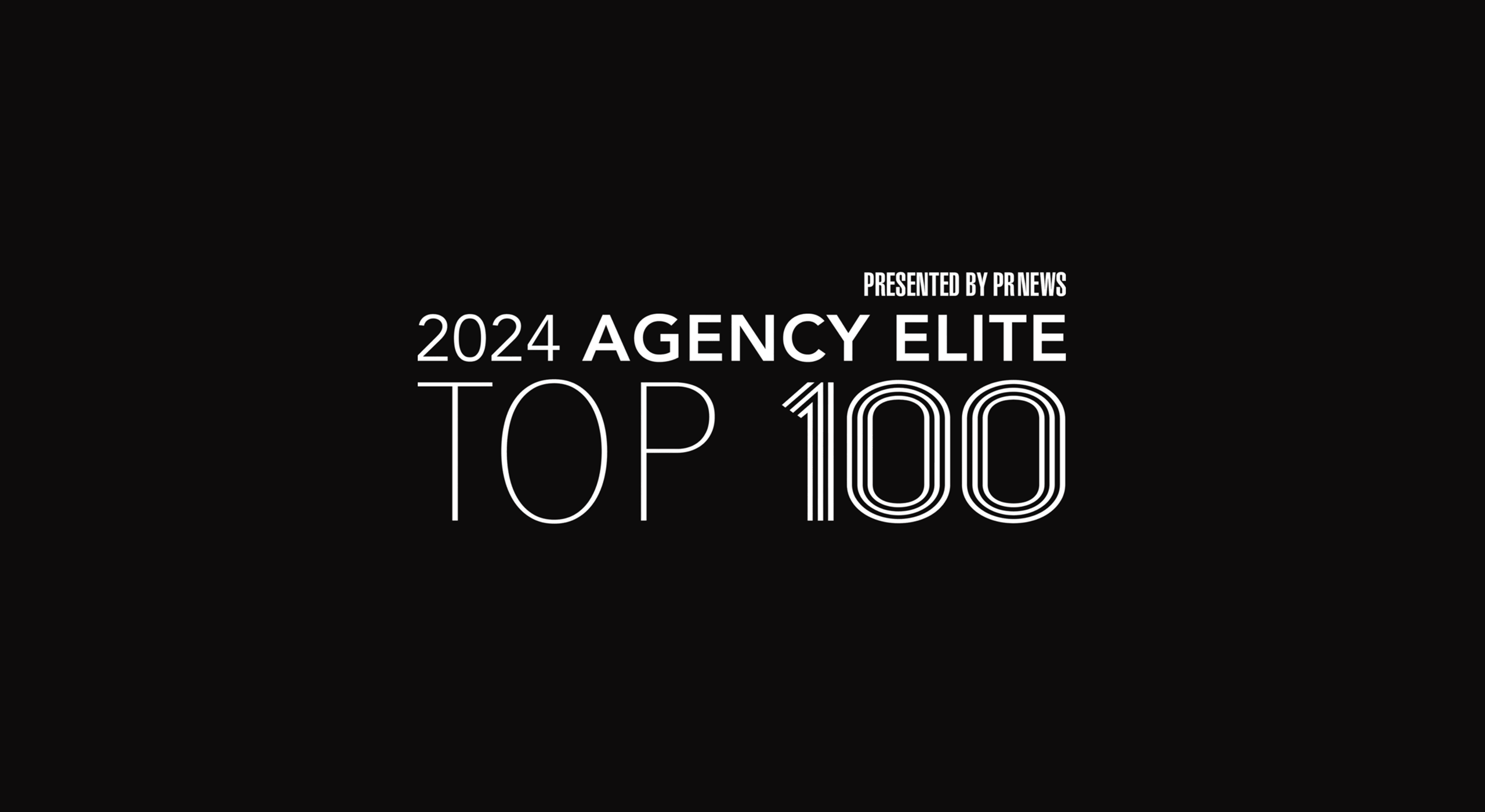
Companies: ‘Stuff Happens … But Please Communicate’
By: Nikki Little
This is a guest post by Erica Moss.
I saw this tweet from Amber Naslund, and shook my head yes.
Seems like common sense, right? Unfortunately, common sense isn’t always common practice, and the Internet is littered with examples of companies doing it wrong.
But this isn’t one of them. This is an example of a company making a mistake, owning up to it and actually emerging more human on the other side.
My company uses an awesome content management system called Buzzstream. It helps us keep track of all of our contacts and interactions and just makes our lives easier in general. Occasionally, the co-founder and CEO will send out an email blast with updates about the company or details about new features.
So I opened up the most recent email from him, and this is what I saw:
Oh no, he didn’t.
I get that it’s impossible, not to mention inefficient, for companies to personally address all of their email newsletters to each of their customers. That’s why tools like Constant Contact exist. But when you’re slapped in the face with a reminder that you’re just a “Test First Name,” it feels… icky, for lack of a better word.
After my initial “ewww” reaction, I closed the email and didn’t think much about it again. I assumed the mistake would go unnoticed, and I’d never hear another word. It wasn’t something I expected Buzzstream to lose business over, but it’s possible they lost a handful of email subscribers over this little snafu.
But a few hours later, a new email popped up from the company with the subject line: “Why you shouldn’t work past 2 am – a case study.” And I knew exactly what it was about. This was the message:
What Buzzstream did right:
They owned up to the issue. How many companies have you heard of that either start deleting Facebook comments or ignoring phone calls when the you-know-what hits the fan? Three little words — “we messed up” — show humility and then demonstrate you’ve taken responsibility for the situation.
They said they were sorry. This is part of owning up to the issue, but not all companies are willing to say the “s” word.
They explained why it happened. And what do you know: It happened because he was working so hard to bring his customers a better product. Granted, he probably knows exactly what he’s doing when he positions it that way (akin to the job hunter who declares his greatest weakness is that he works too hard), but it worked on me.
He throws in a bit of humor that reminds us that he’s human. “If I speak to you in person or on the phone, I will not refer to you as ‘Test First Name.’” Hey, it made me chuckle.
In the end it all goes back to Amber’s tweet: If more businesses would make it a point to remember they’re dealing with people — and communicate accordingly — we’d all be a lot better off.
Do you have a similar customer service success story? An example of a business showing its human side? Feel free to share it with us in the comments.
This post is written by Erica Moss who is the community manager for the MSN degree program at Georgetown University, offering one of the nation’s leading online nurse practitioner programs. She adores Mexican food, Taylor Swift, community building and Michigan football. Follow her on Twitter @ericajmoss.






